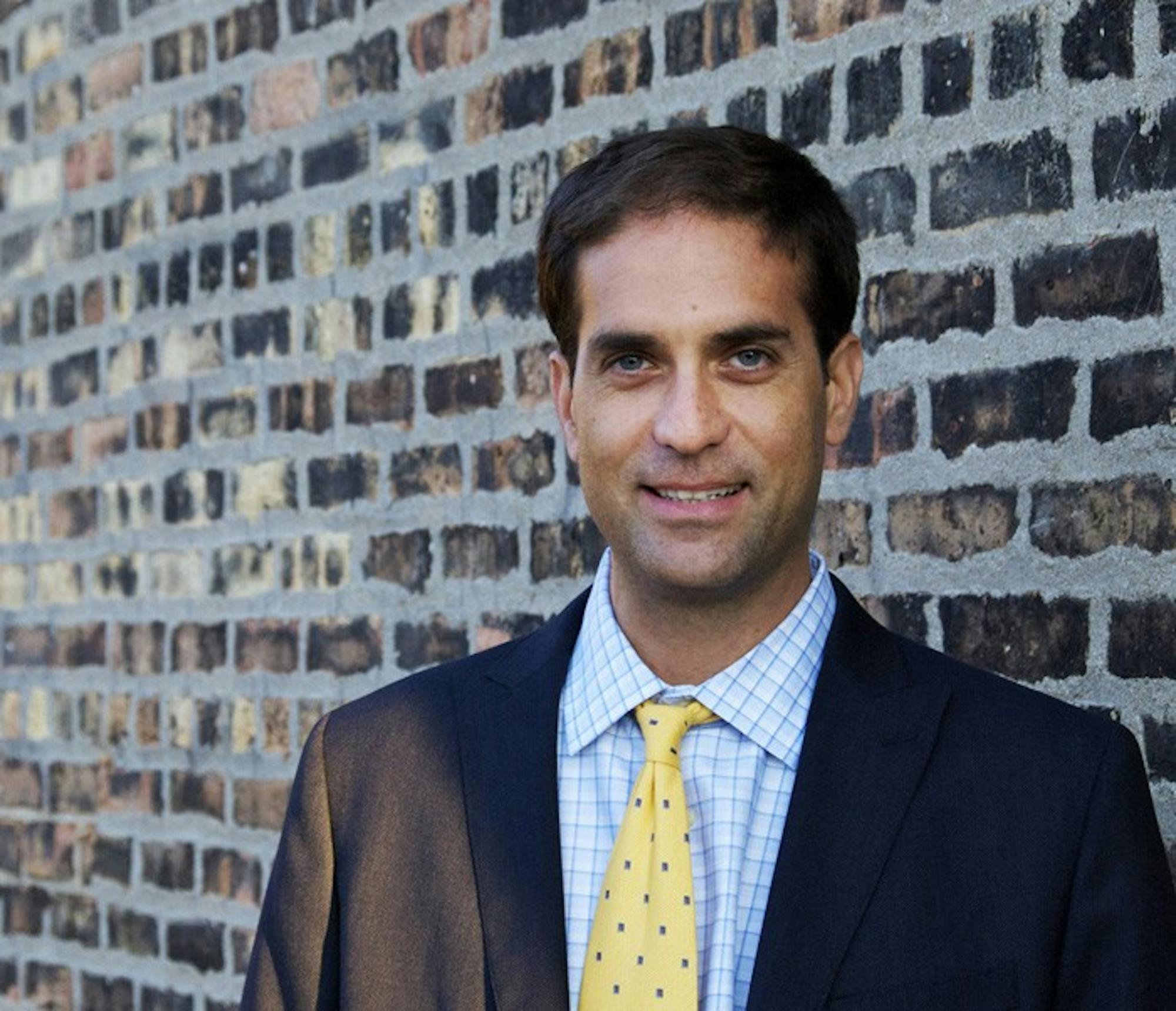While the app is tailored to problems of psychosis, certain functions of the app, such as reminders about taking medication or regulating mood and sleep, can be useful for any sort of illness, Ben-Zeev said. Its content and functionality are tailored to people with schizophrenia and suffering from auditory hallucinations. The app is being developed by the Center for Technology and Behavioral Health, a subset of the Dartmouth Psychiatric Research Center.
“It is designed to allow people who might have cognitive impairment to use it in an intuitive manner,” Ben-Zeev said. “Some apps that are developed have a lot of elements that would make them more difficult for people with schizophrenia to use.”
People with sensory issues may be distracted by moving images or an excess of options. An app that would be engaging for someone without a severe mental health condition could cause sensory overload for someone who does.
Additionally, short-term memory loss is a symptom of schizophrenia, so even apps that display a question on one page and response options on the next could pose added challenges. To remedy this, Ben-Zeev created the app so that it does not change screens or require scrolling, and people can only move forward through prompts, reducing as many options for confusion as possible.
Ben-Zeev has worked on the project in multiple forms for several years, dating back to when he first began working on interventions using mobile phones in 2009. Since then, much research has been done to assess how information and resources can best be disseminated, and his team ultimately decided on smartphones due to their prevalence.
“If someone is on a train using the app on their smartphone, it doesn’t look like they’re using a medical device,” he said.
The Center for Technology and Behavioral Health oversees research that develops, evaluates and implements technology based around intervention delivery, working primarily in the field of behavioral health. Director Lisa Marsch said the use of technology to provide service can help people without regular access to a clinician, either as a result of economic or geographic barriers.
FOCUS is being tested in an urban, “under-served environment” in Chicago, where Dartmouth research found that 72 percent of people with severe mental illness have a smartphone. The vast majority of this population has an income of less than $10,000 per year, so data indicate that owning a mobile device is seen as a priority, Ben-Zeev said.
“Three years ago it may have been cost-prohibitive,” he said. “But now it’s not unrealistic to think that people who have disabilities and might be unemployed and have few resources at their disposals still have smartphones.”
FOCUS is also being tested in a separate trial in 10 states.
The center is also developing tools that are customizable and may provide support for people suffering from a spectrum of behavioral problems. The tools are intended to assist users with self-management and regulation, substance abuse, goal-setting and emergency or primary care for college students.
These technologies can be used in conjunction with traditional care, providing “24/7 support,” or on their own, Marsch said.
“If you develop these tools well in collaboration with whoever is your target audience, relevant to their experiences and values, you can get outcomes exclusively with technology that are just as great as outcomes from actual clinicians,” she said.
While the movement of mental health information to mobile devices may make some people nervous, Marsch and computer science professor David Kotz are the principal investigators at the Trustworthy Health and Wellness project, which aims to protect user privacy and the protection of data.
“We anticipate studying mobile technology, primarily for those kinds of health apps, to involve encryption and privacy control that will enable those apps to be done with better concerns for the privacy of the individual and the integrity of the data for the clinician or researcher,” Kotz said.
For now, the FOCUS app will remain in clinical trials until Ben-Zeev is confident that it is ready to be made available to the public, highlighting what he said is a difference between academic and commercial research.
“Some people might already have made it available based on the evidence we have, but we’re improving up until it reaches the point where it’s glitch-free and the target audience uses it and benefits from it,” he said.
The app may undergo more development as researchers look for different ways to incorporate audiovisual elements into the current text-based app.
“It might not just be reading but seeing a photo or 20-second clip of a coping strategy,” Ben-Zeev said. “Think about having a therapist in your pocket — as close to that as you can imagine.”




